Will Summer 2022 Bring A Drought?

There are few things in life that are more uncertain than the British weather. Even before climate change started to make things even more erratic, these lush islands off the Atlantic seaboard of Europe have always had to deal with some unpredictable and unusual conditions.
Summer is a particular case in point. The only thing anyone
can be certain of is that it will be warmer and the days longer than winter.
Some summers are very wet and others extremely dry. One does not need to
compared more recent contrasting years like 2012 and 2013 to note this; the
same was true of 1984, when a drought left people having to save water, and
soggy 1985.
Nonetheless, the evidence of climate change has shown why
installing garden water
tanks
may be a wise move, enabling the collecting of water when it does
rain to ensure there is a good supply if there is a prolonged dry spell.
A government
scientific report
after the very wet summer of 2012 - which had the most
precipitation of any summer in England and Wales for a century - noted that
since 1998, summers had seen more rainfall, with a 22 per cent increase since
2006. By contrast, since 2003 winters had got drier.
Even so, since that 2013 report there have been some
distinctly dry summers. 2013 itself was a warm and sunny one, although it was
followed by the
wettest
winter on record
. This juxtapoition was a prime example of how the general
seasonal trends mentioned in the report do not always apply.
The summer of 2018 was another
trend-buster
. This was the warmest since 2006, driest since 2003 and
sunniest since 1995. Indeed, the early part of the summer was so parched that
areas such as the Pennines
suffered
a series of wildfires
.
All of this points to an ever-changing, uncertain picture, even by the capricious standards of the British climate. That’s why it makes sense to have a storage facility to hold lots of water just in case 2022 is a very dry summer, even though it may turn out to be anything but.
Will Summer 2022 Bring A Drought?
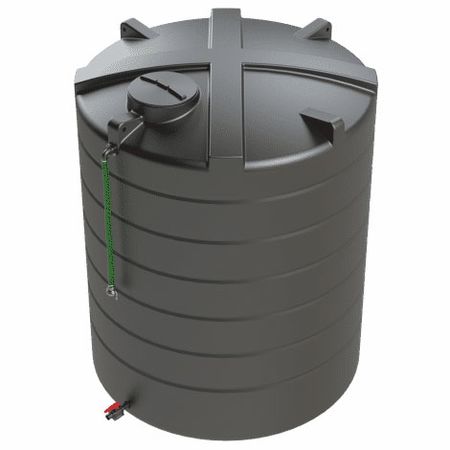
There are few things in life that are more uncertain than the British weather. Even before climate change started to make things even more erratic, these lush islands off the Atlantic seaboard of Europe have always had to deal with some unpredictable and unusual conditions.
Summer is a particular case in point. The only thing anyone
can be certain of is that it will be warmer and the days longer than winter.
Some summers are very wet and others extremely dry. One does not need to
compared more recent contrasting years like 2012 and 2013 to note this; the
same was true of 1984, when a drought left people having to save water, and
soggy 1985.
Nonetheless, the evidence of climate change has shown why
installing garden water
tanks may be a wise move, enabling the collecting of water when it does
rain to ensure there is a good supply if there is a prolonged dry spell.
A government
scientific report after the very wet summer of 2012 - which had the most
precipitation of any summer in England and Wales for a century - noted that
since 1998, summers had seen more rainfall, with a 22 per cent increase since
2006. By contrast, since 2003 winters had got drier.
Even so, since that 2013 report there have been some
distinctly dry summers. 2013 itself was a warm and sunny one, although it was
followed by the wettest
winter on record. This juxtapoition was a prime example of how the general
seasonal trends mentioned in the report do not always apply.
The summer of 2018 was another
trend-buster. This was the warmest since 2006, driest since 2003 and
sunniest since 1995. Indeed, the early part of the summer was so parched that
areas such as the Pennines suffered
a series of wildfires.
All of this points to an ever-changing, uncertain picture, even by the capricious standards of the British climate. That’s why it makes sense to have a storage facility to hold lots of water just in case 2022 is a very dry summer, even though it may turn out to be anything but.
Germany And Austria Get Ready For Gas Rationing
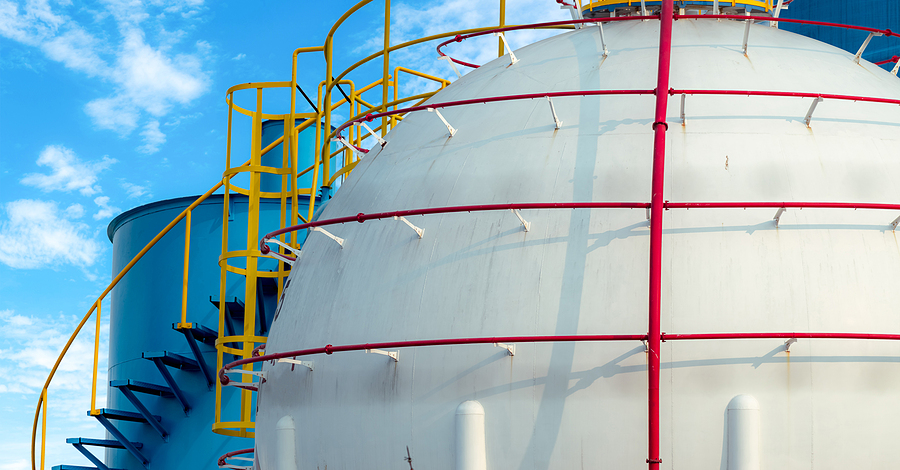
While there has been almost total opposition in Europe to the Russian invasion of Ukraine - Belarus and Serbia being the only exceptions - much of the continent is now faced with a major dilemma over how to unravel its previous high reliance on Russian oil and gas.
Germany has already stopped the new Nordstream
2 pipeline
going into operation, but the fact remains that the country has
been relying on Russia for 40 per cent of its gas - and it is not alone in this
regard. Russian oil also makes up a significant amount of imports to the now
hostile countries lying to its west.
While Russia is itself economically reliant on purchases of
its hydrocarbons, the latest step has been to demand payment in Roubles to
shore up its ailing currency, a move European nations have refused on
contractual grounds. However, there is a distinct possibility that this
stand-off could lead to the gas taps being turned off.
In response, the Germans and Austrians have made
preparations for
possible
gas rationing
, although their governments have stressed this is not
necessary just yet.
Britain is in a more fortuitous position in importing far
less oil and gas from Russia. Nonetheless, now may be a time to ensure that oil tank installations
enable as much storage capacity as possible to be established,
to protect against shortages.
The UK has been talking to Saudi Arabia about securing more
supplies, with prime minister Boris Johnson making a high-profile trip to the
country. However, the Gulf nation has been
unwilling
to make a clear commitment to raise production
.
Moreover, even Saudi Arabian supplies could be in doubt,
with the kingdom’s government admitting the danger as Houthi rebels from the
conflict in neighbouring Yemen have been
attacking
facilities
, including a strike at a storage depot in Jeddah that briefly
threatened the cancellation of the
nearby
F1 Grand Prix
.
With such uncertainty and rising oil prices, increasing oil storage capacity may be a very wise step for countries and individual consumers alike.
UK Pledges To Phase Out Russian Oil By Year End
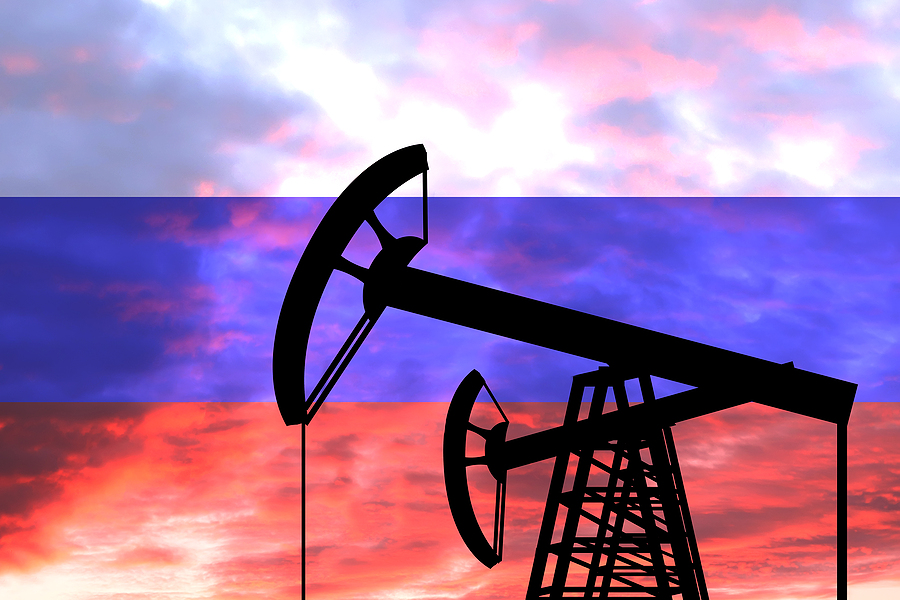
The human tragedy that is unfolding as Russia’s invasion of Ukraine continues will create a terrible toll. The economic consequences of the war are already starting to have a worldwide impact too. One of the most immediate effects was a steep increase in the price of oil, which was already rocketing upwards even before the latest turmoil began.
Russia is the world’s third biggest producer of oil and gas, after the USA and Saudi Arabia. The UK, the US, and Canada have all agreed to ban Russian oil imports as part of a package of sanctions imposed on the country. The UK currently sources about 5-8% of its oil from Russia, but it is seeking alternative suppliers, and will phase out imports by the end of 2022.
The ongoing uncertainty means that the global oil prices have soared, causing domestic customers to pay more for heating oil, diesel, and petrol. Prime Minister Boris Johnson recently visited Saudi Arabia, where it is thought he raised the question of the Middle East increasing its oil supplies to ease pressure on bills for consumers.
The prime minister's official spokesman commented: "We will be speaking to the Saudis about a range of issues, not just energy supply. Diversifying our energy supply is important, as is boosting renewable energy. There are no quick fixes but we do want to reduce the volatility and bring prices down."
The International Energy Agency (IEA) have agreed to release 60 million barrels of oil from strategic national reserves, but this is not enough to have a significant impact on oil prices. Nations such as Germany and France rely on Russia to supply about 40% of their oil and gas, so it will be much more challenging for them to ban Russian imports.
However, the EU is still seeking ways to diversify its
energy sources, and increase oil supplies from elsewhere in the world.
If you are looking for oil tank installations, please talk to us today.
Major Law Change Sees Restrictions On The Use Of Red Diesel
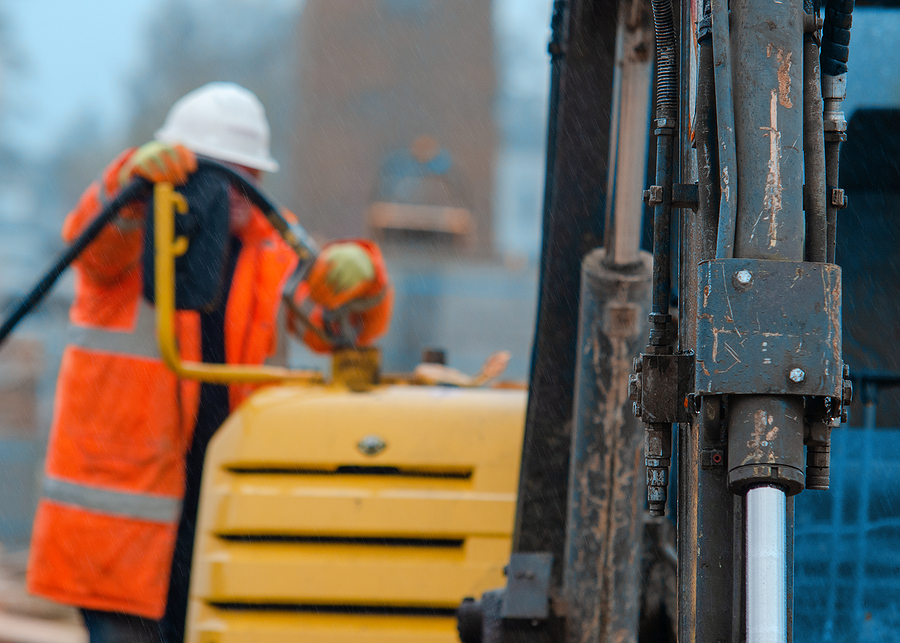
A major change in the law restricting the use of rebated diesel fuels to a much more limited set of purposes is set to come into force in April, despite criticism from haulage groups.
The legal reforms, announced in November 2021 and expected to come into force on 1st April, affects diesel dispensers that use rebated gas oil and requires some industry sectors to switch to so-called ‘white’ diesel, which is subject to different tax rates.
Red diesel is a diesel fuel mixed with a red dye that coats its internal mechanisms, which is a telltale sign for inspectors that it has been used.
As of April 2022, it can only be used:
· In agriculture, horticulture, forestry and fish-farming
vehicles and machinery.
· To fuel rail vehicles, both passenger and freight.
· To provide heat and electricity in non-commercial
generators, such as heating homes, places of worship, town halls and hospitals,
as well as generating power off the grid, and for powering the amenities
permanently moored houseboats, although not to provide propulsion.
· Maintaining amateur sports clubs and golf courses.
· Fuel for marine craft, except for private pleasure craft
in Northern Ireland.
· Powering the machinery and caravans of travelling
circuses and fairs.
Outside of this, people must use white diesel instead, and the government has recommended that businesses run down their stocks of red diesel and consider the cost implications of the switch.
Using red diesel illegally is considered to be a form of tax evasion, and trying to remove the dye is considered fuel laundering in the eyes of the law.
Some
concessions have been reached. For example, agricultural shows and ploughing
matches, which were believed to be under threat by the new legislation are
still allowed to be used.
This
mirrors a similar stand-off in 2008 where the government of the time attempted
to ban the use of red diesel in agricultural shows but backed down under
pressure.
When Will Oil Prices Go Down?
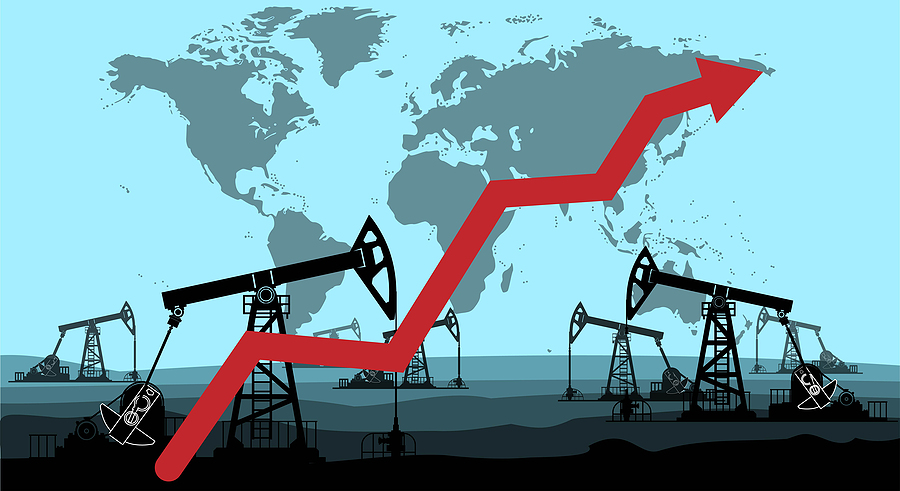
It can’t have escaped the notice of many that oil prices have hit new highs recently. This has led to looming increases in domestic energy bills that are terrifying for many people on modest incomes. So what’s caused the spike, and when can we expect to see prices return to a more even keel?
One factor is of course the pandemic. The Omicron wave that hit the world in the run up to Christmas destabilised the economic recovery, and this had a knock-on effect on energy production. Stocks of oil are low, and this has driven up the price of crude oil to $100 a barrel in some cases.
The ongoing tensions between Russia and Ukraine are also having an impact. Russia supplies Europe with up to 40% of its oil and gas, and any sanctions imposed as a reaction to military invasion would lead to significant shortages, driving prices even higher.
One of the most unfair aspects of the steep rise in fuel prices is that they have hit low earners the hardest. These are likely to be front-line employees who can’t save on transport costs by working from home, such as shop staff and care workers. Families with young children to take to school, clubs, medical appointments, and so on are also being hit hard.
Speaking to The Independent newspaper, Mark Wolfe, executive director of the Energy Assistance Association, said: “Those who are front-line workers, have children who they need to drive to school, the dentist and other essential trips — they will bear the full burden of these increases. There’s not a lot of room to cut back.”
Unfortunately, with so much economic and political
uncertainty, plus a shortage of natural oil and gas reserves, there is no clear
end in sight to the price rises. Householders can at least take some comfort in
the fact that spring, and hopefully some warmer weather, is on the way.
If you are looking for oil tank installers, talk to us today.
Why Did Petrol Become The Dominant Fuel For Cars?
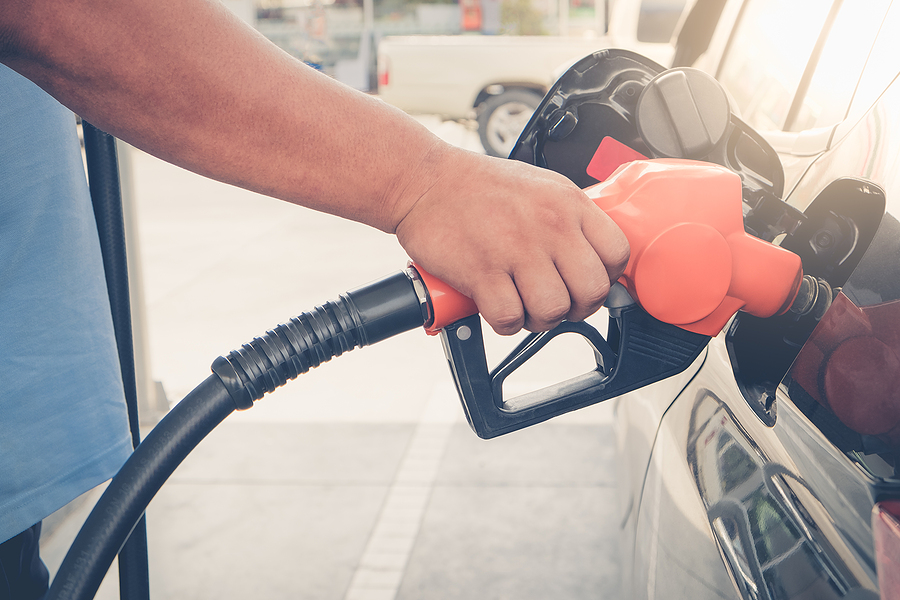
The motoring industry is currently going through a period of sustained change, where cars that were initially fuelled exclusively by petrol or diesel are instead powered by either electricity or a mixture of electricity and petrol power.
However, for over a century oil tank installations have been central to making the car a global phenomenon.
However, electric cars were, at one point, nearly twice as popular as petrol cars in the United States and seemed to be on the verge of a gigantic breakthrough that would have changed the history of motoring as we know it.
The Car Of The People
Part of the reason for this was due to the first affordable car and therefore the first car to sell in considerable numbers. The Ford Model T, initially constructed in 1908 could run on kerosene, ethanol or petrol, with the plummeting price of the latter making it the ideal fuel source.
Whilst
not every part of the Model T was influential, it popularised the internal
combustion engine, and mean that a petrol car could sell for half the price of
an electric one.
Improved Range
Electric cars were most successful when they were used as urban transportation, but by the 1920s cars could travel further and faster, and so a way to quickly replenish power was needed.
Petrol
cars, aided by discoveries of large reserves of petroleum became much cheaper
to run and could travel further distances.
The Electric Starter
The biggest remaining advantage electric cars had was the fact that they did not need to be started using the starting handle, a process that was difficult and could sometimes break the arm of the person starting the engine.
The
invention of the electric starter in 1912 by Charles Kettering all but eliminated
this messy starting procedure and relegated batteries to the starting procedure
of petrol cars.
The Failed Leap Forward
There is a tremendous what-if scenario involving one of the most famous inventors in the world and an invention that, had it arrived on time may have changed the motoring world as we know it.
Thomas Edison worked on an alkaline nickel-iron battery that would be durable, lightweight and potentially powerful enough to become the standard power source for cars.
Sadly his early models were not powerful enough, being almost outperformed by lead-acid batteries and having a bad habit of leaking, shortening the battery life. By the time he fixed the issues the Model T had established the standard for cars going forward.
Energy Giant Apologises For ‘Poorly Judged’ Advice

Energy supplier SSE has apologised for a ‘poorly judged and unhelpful’ email to customers, that contained advice to keep warm and reduce energy bills that suggested they snuggle up to pets and exercise.
The Guardian reports that the firm, which is owned by OVO Energy, sent the advice which suggested 10 ‘simple and cost-effective ways to keep warm this winter’, such as eating bowls of porridge, doing star jumps and cuddling pets. The web page has now been deleted.
In a statement, OVO Energy said: “Recently a link to a blog containing energy-saving tips was sent to customers. We understand how difficult the situation will be for many of our customers this year.”
It continued to add that the company is working hard to find ‘meaningful solutions’ to the impending energy crisis and that it recognised that the content of the blog was ‘poorly judged and unhelpful.’
“We are embarrassed and sincerely apologise."
Some British businesses and households have seen their energy bills rise in recent months, as suppliers grapple with a sharp rise in wholesale gas prices.
It has been estimated that UK households could be seeing bills around £2,000 more this year, as wholesale gas prices in Europe have leapt by 400 per cent over the previous year, while electricity prices have increased 300 per cent.
The increases have been driven by cold weather, nuclear plant outages in France and reduced gas flow from Russia.
According to National Energy Action, more than 4 million UK households are in the grip of fuel poverty - a figure which the charity believes could rise by 2 million in April when a cap on energy prices is expected to increase.
Following
the apology, Darren Jones MP, who chairs Parliament's business select
committee, tweeted: “Good, I'm glad they apologised. I'm not sure who signed
off a marketing campaign telling people to wear a jumper and eat porridge
instead of turning on the heating if you can't afford it.”
If you’re considering fuel oil heating and looking for oil tank installations, get in touch today.
Demand For Heating Oil To Rise As Temperature Falls

There will be greater demand for heating oil over the next few weeks, after weather experts have predicted a steep drop in temperatures across the UK.
According to the Met Office, freezing conditions will hit the country this week, with snow expected to fall in some regions and last until Friday January 28 th.
The Mirror reported that we could see temperatures as low as -5C, with the cold weather lasting for several weeks.
According to the Met Office’s long forecast: “Into February, outbreaks of rain and stronger winds are likely at times across the far north, whereas settled conditions are likely to persist in the south.”
It was added that some “colder interludes” will bring occasional snow, particularly in high northern areas.
Meteorologist Jim Dale also told The Express winter could get colder towards the end of January and into February.
“What we’re seeing is the high pressure pulling away south and west, allowing a north-easterly air stream to come in. That may well start to bring some snow events,” he stated.
WX Charts also anticipate snow will first be seen in Scotland, before moving south across northern England and finally, the south-east. It is believed a huge proportion of the country will have snowfall on Sunday January 30 th.
In comparison, December remained relatively mild, with the recent New Year’s Eve being the warmest on record at 16.3C in central London, thanks to hot air from the Azores.
As the temperature dips, Brits will rely on their heating to keep warm. If you are interested in a 2500 litre oil tank before the cold weather sets in, give us a call today.
Warnings Issued As Fuel Theft Rises
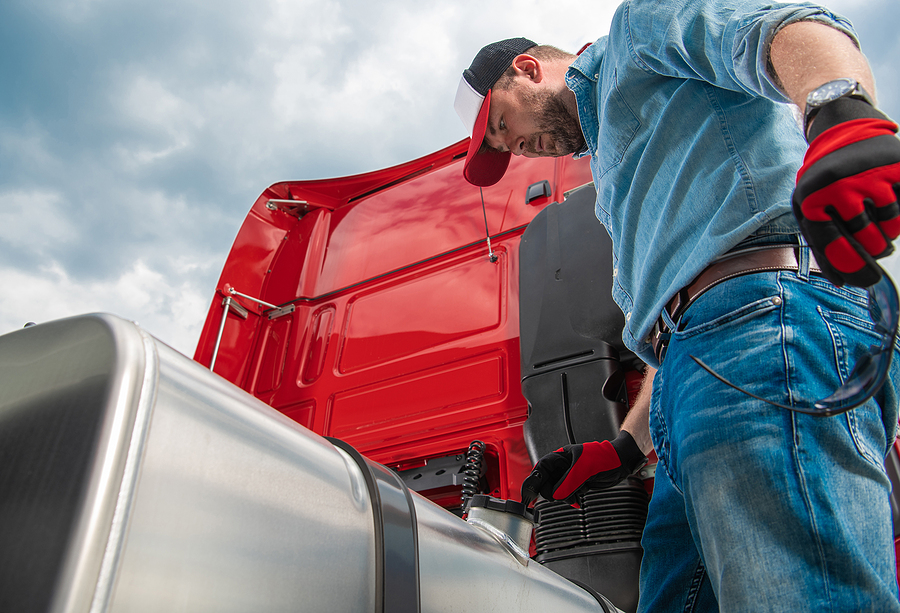
Sharp rises in fuel prices over the past year have led to an increase in thefts from heating oil fuel tanks, police are warning. The problem is especially prevalent in rural areas, the York Press reports. Farmers and those who have homes in the countryside are being warned to put extra security measures in place.
Insurers NFU Mutual told the publication that thieves will smash valves, or drill into tanks, which leads to pollution as any remaining fuel seeps into the ground, or gets washed into waterways. The long winter nights provide the perfect cover for theives, at properties without adequate security measures.
Rebecca Davidson, Rural Affairs Specialist at NFU Mutual, said: “Thieves steal whatever they can get their hands on and sell on for a profit – and high diesel and heating oil prices mean there is a growing black market for stolen fuel.
“Fuel thieves are scouring the countryside looking for farm fuel tanks, parked vehicles and even home heating oil tanks which they can empty and sell on the contents. We’ve also seen claims rising at commercial premises in North East England with police issuing security warnings.”
The NFU have listed some security tips to help protect domestic fuel tanks, and those located at farms. This includes fitting a remote electronic gauge, which will set off an alarm if the fuel level in the tank suddenly drops.
Perimeter boundaries of the property should be protected with locked gates and fencing. Any entry points should be protected with remotely monitored intruder alarms. Security light should be fitted with motion sensors, so that thieves will be deterred by the lack of darkness cover. If possible, infrared CCTV should be used to cover the area.
Fuel gauges should be checked at regular intervals to make
sure that the level is consistent with usage. Where possible, locking fuel caps
should be fitted. Should you need to make a claim, it is also useful to record
the tank storage capacity, number, and date and time of any refills.
If you need oil tank installers, talk to us today.

